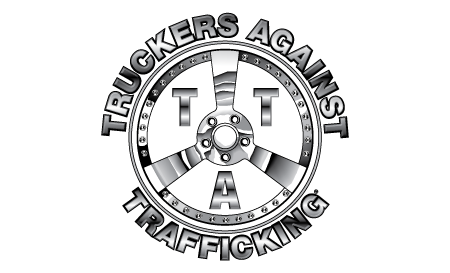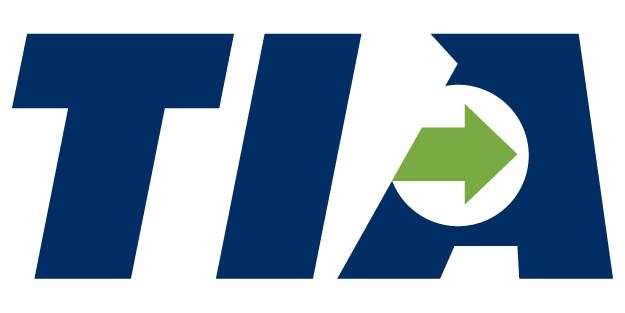Issue 119
Fraud Continues to Increase:
Fraud continues to be arguably the most significant issue facing the supply chain and third-party logistics industry, with fraud and cargo theft on the rise. As a response to the rampant increase, TIA established its own taskforce and free fraud course for our members in hopes of assisting in the reduction of it. While at the same time continuing to work with Congress and the Administration to ramp up enforcement action and security precautions taken by the Agency.
Recently, we did hear some positive news from a member that a bad actor that they had shared information with the TIA Government Affairs team who then in turn shared that information with the FMCSA, had recently received a notice from the Agency that an investigation was under way and enforcement action was eminent. We know that the FMCSA is working with the FBI and the DOT Inspector’s General office to look into these cases.
Additionally, we expect the Agency to announce shortly a new of new changes to their current registration system to help alleviate the problem, in the interim while they continue to develop a new registration platform for brokers and carriers to further address the problems and security gaps.
Stay tuned for more information as we get it from the Agency.
Policy Forum Reminder:
I am sure by now there’s a high probability you have heard about this year’s 2023 Policy Forum here in Washington, DC. This September 25-27, 2023, TIA Members will take to Capitol Hill to advocate for the 3PL industry. We look to educate and start the conversation of finding solutions to things like fraud in the supply chain, rate intrusion, the carrier selection process.
TIA feels this is our best opportunity to influence policy for the betterment of the industry. You as a constituent of your Members of Congress hold a lot of weight when talking to them.. That is why we need your support in attending this event.
Can we count on you? For any questions about the event, contact Travis Creed at [email protected] or call our office at (703) 299-5700. We hope to see you next month in DC!
Register here: https://web.cvent.com/event/ac517f78-a46b-4a46-94aa-5e5b0387a168/summary
U.S. China Trade Relations:
U.S. goods imports from China have declined by 25% in the first half of 2023, as American companies seek to diversify their supply chains and mitigate risks amid increasing tensions between the US and China. This substantial decrease in imports comes a year after heightened geopolitical tensions between Moscow and Beijing, and it may indicate a turning point where companies are recognizing the need to find alternative suppliers. Various factors are contributing to this trend, including economic challenges post-COVID-19, new trade restrictions imposed by the Biden administration and Congress, and regulations such as California AB5, which disrupted the contract trucking market.
The Commerce Department's data reveals that China's share of total U.S. goods imports for the first half of 2023 was only 13.3%, down from 16.5% in the previous year and a peak of 21.6% in 2017. This trend suggests that China's share of the U.S. import market could hit its lowest point in nearly two decades. The decline in imports from China is more pronounced compared to a nearly 7% drop in imports from the rest of the world, reflecting reduced consumer demand as households curtailed spending after a pandemic-induced spree.
Multiple factors are driving this shift, including a move towards other countries for supply chain diversification. While the decline in imports is broad-based, certain categories such as industrial equipment and consumer electronics, which account for a significant portion of imports from China, have experienced notable drops. Despite these trends, some sectors find it challenging to replace supply chains established in China over decades. Companies are evaluating their supply chain options while awaiting the results of the Biden administration's tariff review, which may impact the landscape further.
One influential factor in diversification efforts is the Uyghur Forced Labor Prevention Act, which has led clothing importers to seek alternatives to China due to concerns about forced labor in the Uyghur Muslim region. The push for diversification faces challenges, including concerns about the source of cotton in third-country suppliers. As geopolitical and economic dynamics evolve, the trend of diversification and reducing reliance on Chinese imports continues to gain momentum.
If you have any questions about this newsletter or TIA 2023
Policy Forum, please email [email protected]
TIA 1900 Duke Street STE 300 Alexandria, Virginia 22314 US
Want to change what emails you receive from us? Update your preferences.















